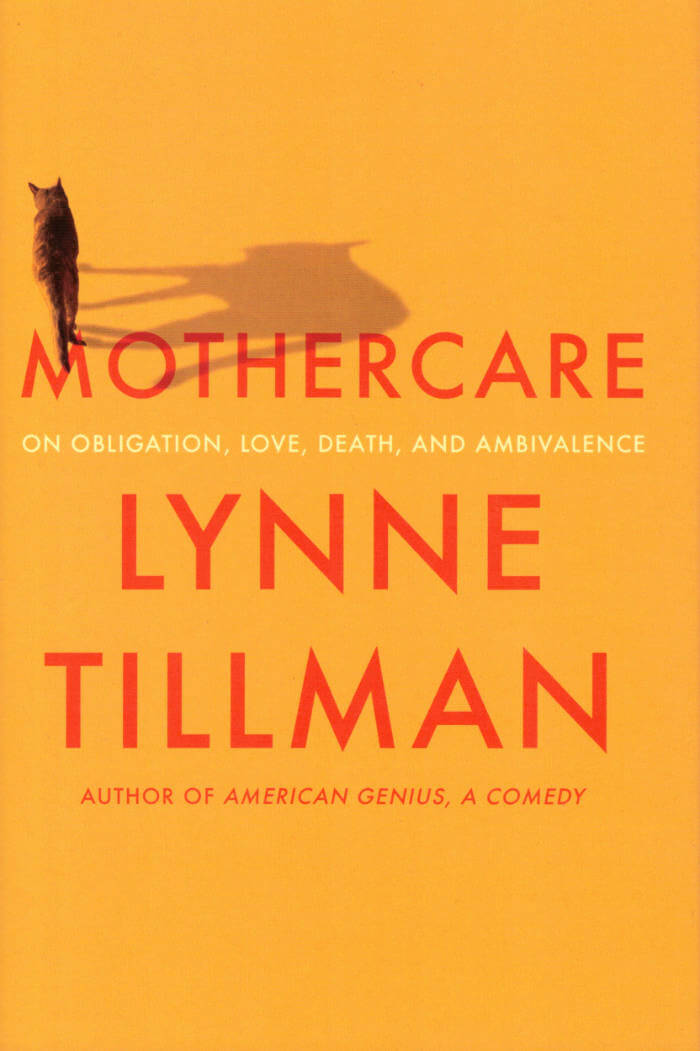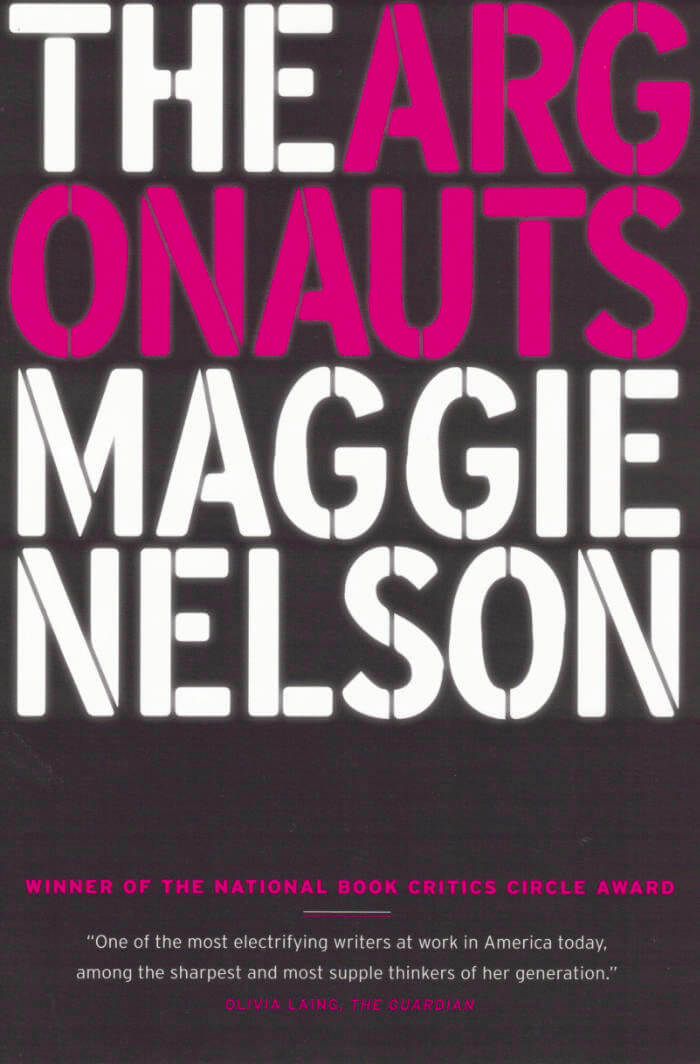
Mothercare: On Obligation, Love, Death, and Ambivalence
When a mother’s unusual health condition, normal pressure hydrocephalus, renders her entirely dependent on you, your sisters, caregivers, and companions, the unthinkable becomes daily life. In MOTHERCARE, Tillman describes doing what seems impossible: handling her mother as if she were a child and coping with a longtime ambivalence toward her.
In Tillman’s celebrated style and as a “rich noticer of strange things” (Colm Tóibín), she describes, without flinching, the unexpected, heartbreaking, and anxious eleven years of caring for a sick parent.
MOTHERCARE is both a cautionary tale and sympathetic guidance for anyone who suddenly becomes a caregiver. This story may be helpful, informative, consoling, or upsetting, but it never fails to underscore how impossible it is to get the job done completely right.
Published in 2022 ┊ 176 pages ┊ Hardcover ┊ Language: English






